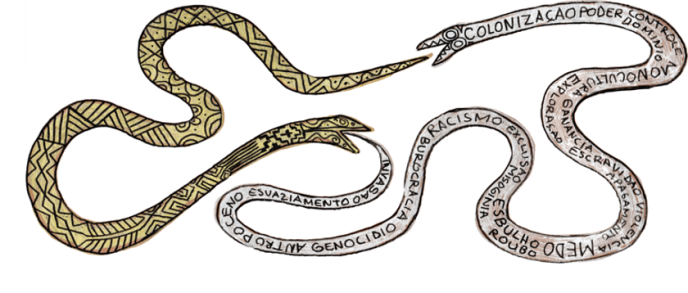Línguas indígenas da América do sul: Memória e transformação
International symposium organized by the Laboratoire d'anthropologie sociale of the Collège de France, the University of São Paulo, the Museu da Língua Portuguesa, the French National Commission for UNESCO and the French Embassy in Brazil.

